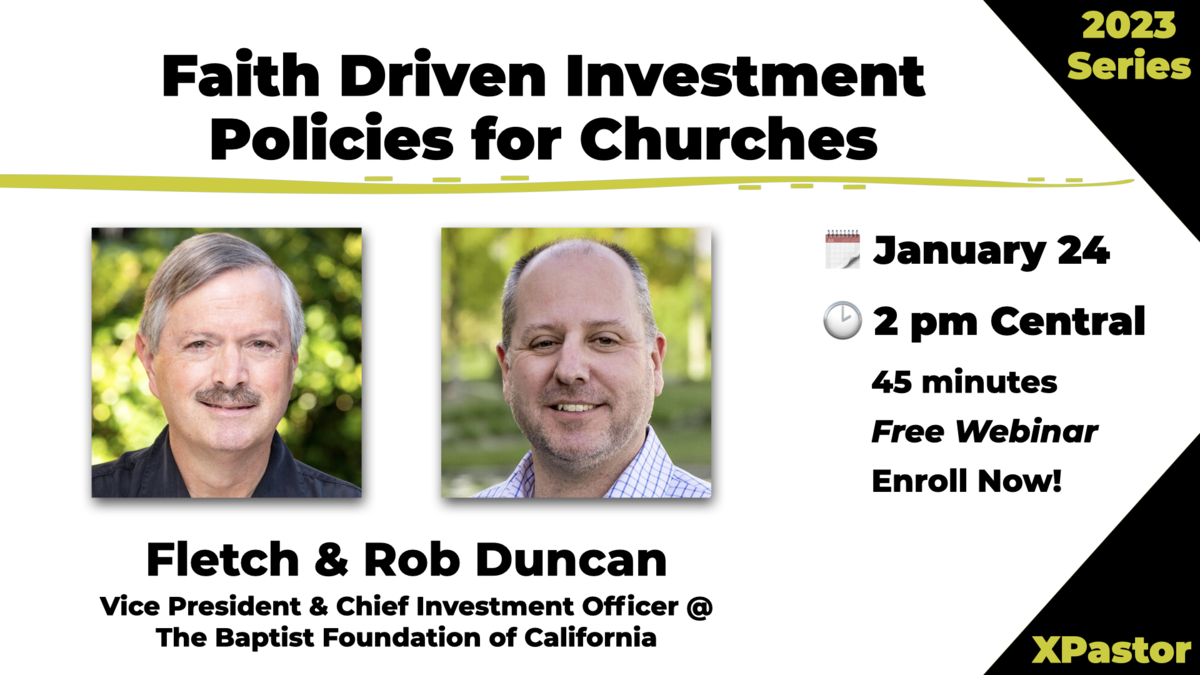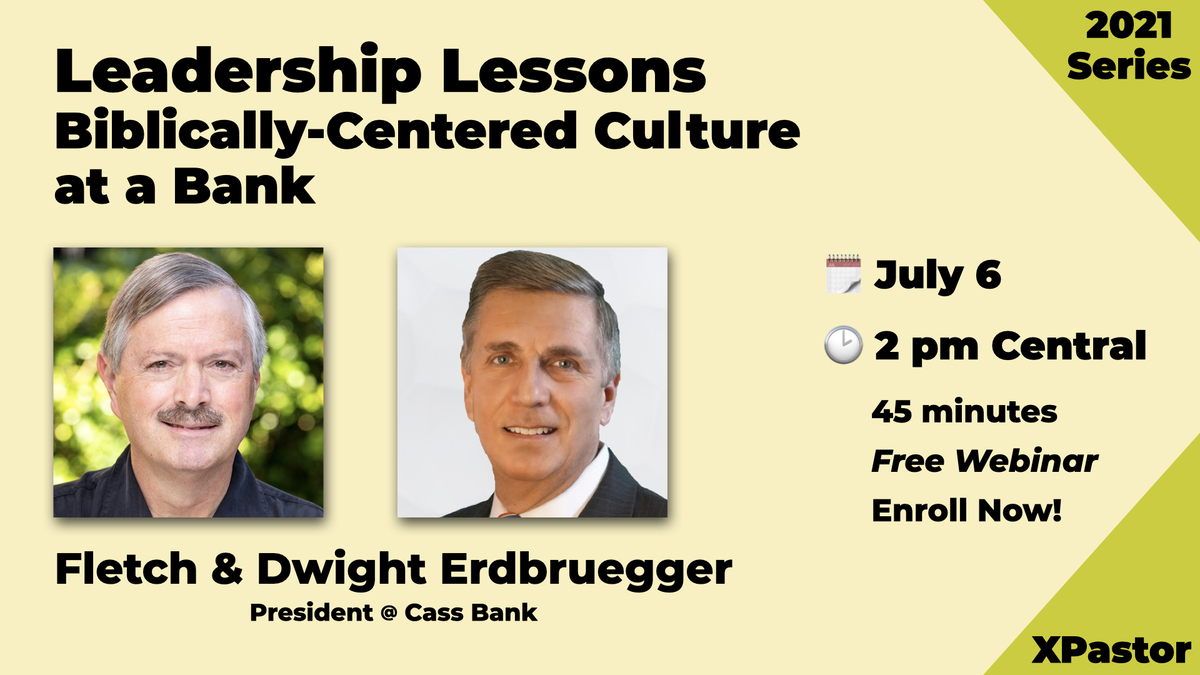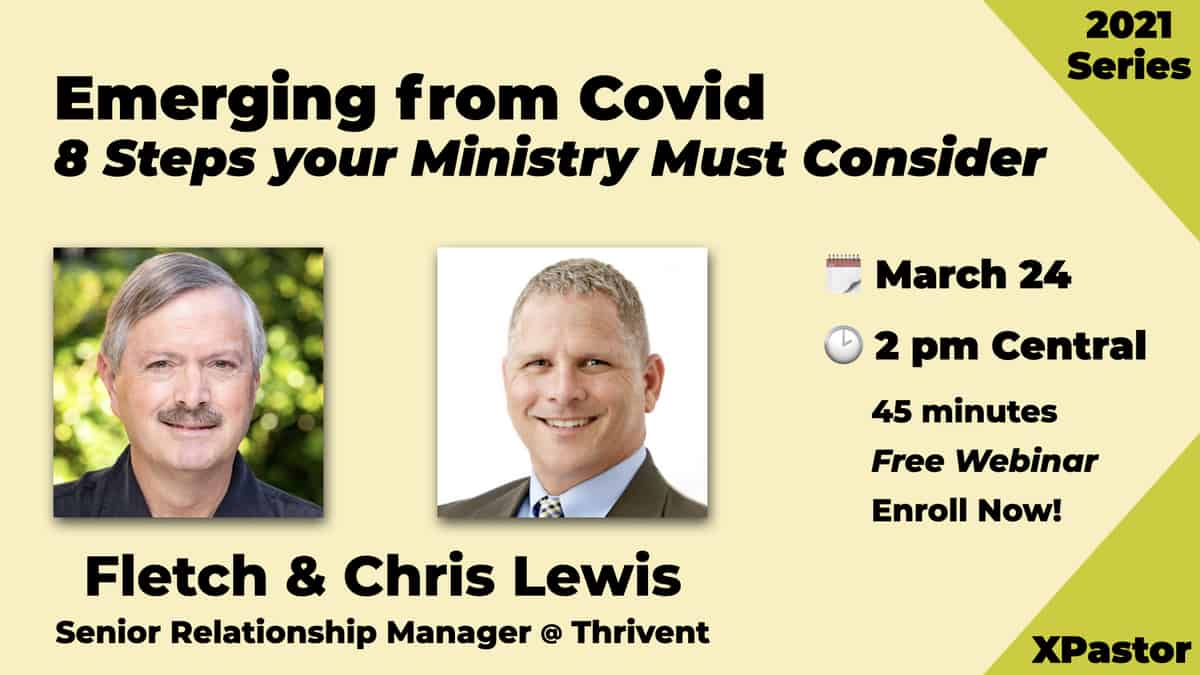Things don’t always turn out the way we expect. Some call this Murphy’s Law. Sociologists call it the Law of Unintended Consequences. People who work with money have long recognized this. In 1691 John Locke was so concerned about Parliament’s plan to raise interest rates in England that he drafted a letter to Sir John Somers, member of Parliament, titled “Some Considerations of the Consequences of the Lowering of Interest and the Raising the Value of Money.”
In January former bank regulator Sheila Tendy was so concerned about a government effort “to root out consumer fraud and money laundering” that she wrote an American Banker article titled “De-Risking Threatens Religious Access to Banking Services.”
Every executive pastor needs to read Tandy’s article. Why? Because she says the big unintended consequence of a government effort called “Operation Choke Point” could threaten your ministry.
The intention of this operation makes sense—to limit money launderers’ ability to move large amounts of illegal cash. “But critics argue,” Tandy writes, “that the probe has prompted banks to close the accounts of legal but politically unpopular businesses such as payday lenders.” She says these “regulatory crackdowns…have also led banks to sever relationships with a range of cash-based businesses.” Churches are getting caught up in this “de-risking vortex” because so much of their income comes in the form of cash.
Churches can breathe a bit easier if they bank with financial institutions like Evangelical Christian Credit Union (ECCU), which are committed to serving ministries. But for others, concern might run higher. For example, Tandy says that one large church recently received an account closure notice from its primary banker. The church appealed by sending the bank extensive documentation of its cash handling practices and safeguards, including external audits. With no explanation, the bank denied the church’s request. And the church has been hard pressed to find a bank that will serve them.
Mark Holbrook, president and CEO of ECCU, notes that this latest example of unintended consequences is instructive for churches. “Church finances are vastly different than those of most businesses,” he says. “Your bank needs to understand and support your unique financial operations. Because we’ve gained this understanding by working with churches for so long, a regulatory effort like this doesn’t distract us from our commitment to keep serving them.”
This news should prompt you to have a candid conversation with your banker. You don’t want to get blindsided by one of those account closure notices. And if you’re interested in learning more about ECCU, which has been serving churches across the country for more than 50 years, visit www.eccu.org/ministrybanking.











